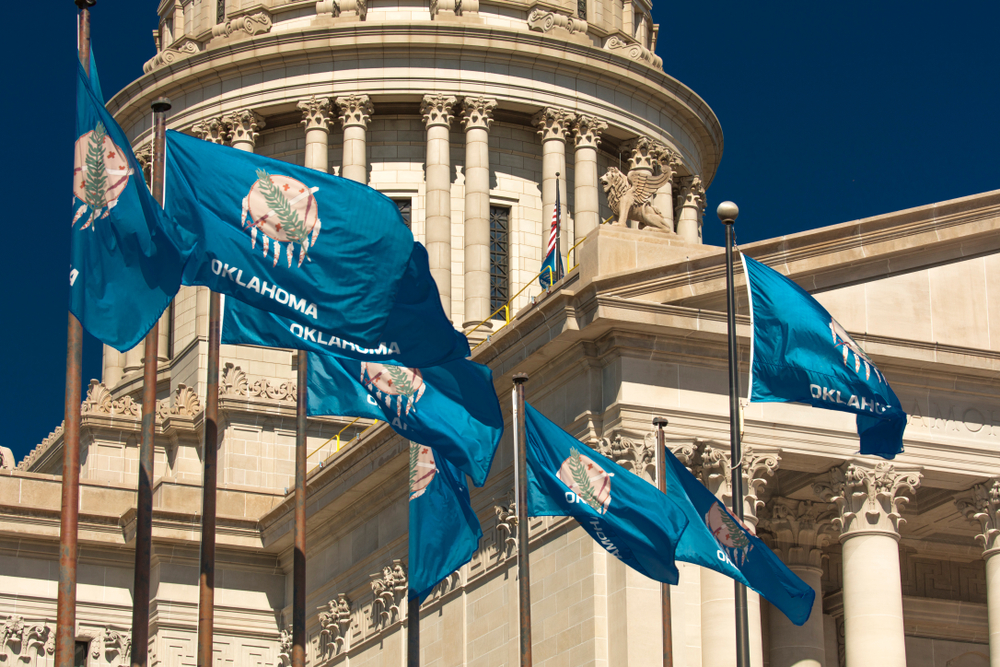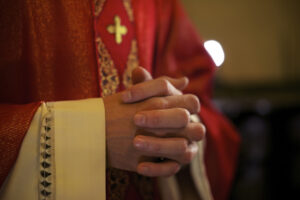Supreme Confusion in Oklahoma
The Oklahoma Supreme Court on June 25 delivered its eagerly anticipated decision on whether the state could authorize an explicitly religious charter school. The court said no, resolving for now the issue in Oklahoma. But its inscrutable reasoning on the First Amendment’s establishment and free exercise clauses indicate that the U.S. Supreme Court will have to take up the issue—in either this case or one that will inevitably arise in another state.
Following the Supreme Court’s 2022 ruling in Carson v. Makin that excluding religious schools from Maine’s voucher program was unconstitutional, the Archdiocese of Oklahoma City and Diocese of Tulsa applied to Oklahoma’s Charter School Board to establish St. Isidore of Seville Catholic Virtual School. The board approved in a decision backed by state Attorney General John O’Connor, who cited the Supreme Court’s reasoning in the trilogy of Makin, Espinoza v. Montana (2020), and Trinity Lutheran v. Comer (2017) to justify his support. Oklahoma’s charter school law allowed other private organizations to operate charter schools, so preventing religious ones from doing so would violate the free exercise clause’s requirement that religious entities not be excluded from an “otherwise generally available public benefit.”
After 2022, however, a new attorney general, Gentner Drummond, assumed office. He promptly rejected his predecessor’s opinion and asked the board to rescind its approval. When it did not, Drummond asked the state Supreme Court to intervene. He argued that, among a parade of horribles that would result from the charter board’s action, allowing a Catholic charter school would require Oklahoma to fund a Muslim school or even “the blasphemous tenets of the Church of Satan.” In Drummond v. Oklahoma Statewide Virtual Charter School Board, a 6–2 majority of the court agreed.
Their reasoning had an inauspicious start. It held that the charter school violated Article II Section 5 of Oklahoma’s state constitution, which reads: “No public money or property shall ever be appropriated, applied, donated, or used, directly or indirectly, for the use, benefit, or support of any sect, church, denomination, or system of religion, or for the use, benefit, or support of any priest, preacher, minister, or other religious teacher or dignitary, or sectarian institution as such.” This is also known as the state’s Blaine Amendment. But the U.S. Supreme Court effectively ruled Blaine Amendments unconstitutional in Comer and Espinoza.




